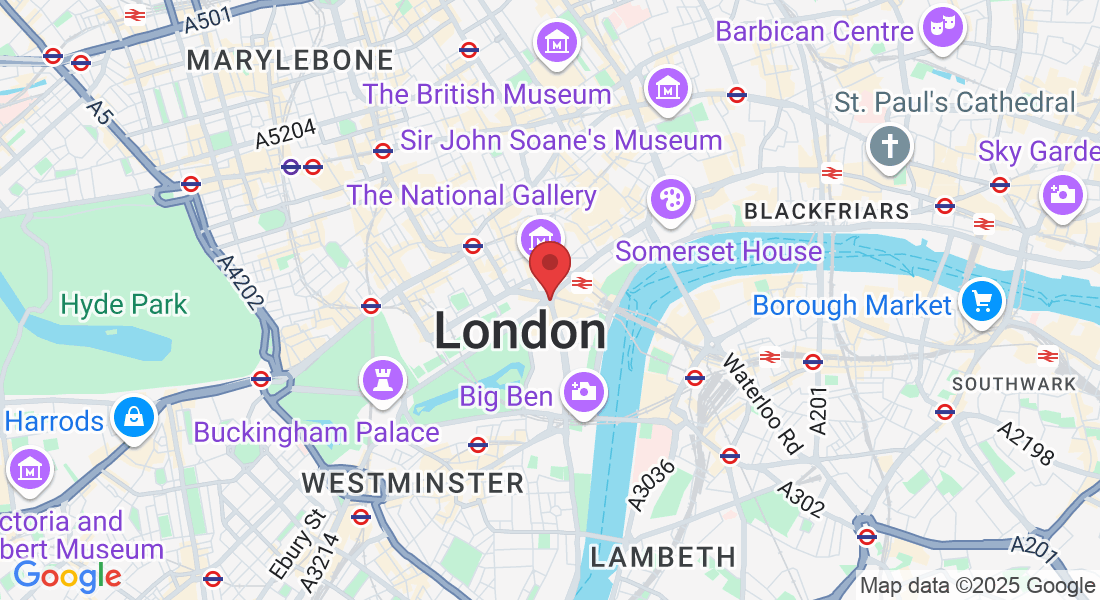Mr Ahmed Karim
Haemorrhoids
Piles (haemorrhoids) are lumps inside and around your bottom (anus). They often get better on their own after a few days. There are things you can do to treat and prevent piles.
Check if it's piles
Symptoms of piles include:
- bright red blood after you poo.
- an itchy anus feeling like you still need to poo after going to the toilet.
- mucus in your underwear or on toilet paper after wiping your bottom.
- lumps around your anus.
- pain around your anus.
How you can treat or prevent piles
Do
- drink lots of fluid and eat plenty of fibre to keep your poo soft.
- wipe your bottom with damp toilet paper.
- take paracetamol if piles hurt.
- take a warm bath to ease itching and pain.
- use an ice pack wrapped in a towel to ease discomfort.
- gently push a pile back inside.
- keep your bottom clean and dry.
- exercise regularly.
- cut down on alcohol and caffeine (like tea, coffee and cola) to avoid constipation.
Don’t
- do not wipe your bottom too hard after you poo.
- do not ignore the urge to poo.
- do not push too hard when pooing.
- do not take painkillers that contain codeine, as they can cause constipation.
- do not take ibuprofen if your piles are bleeding.
- do not spend more time than you need to on the toilet.
Hospital treatment for piles
If there's no improvement to your piles after home treatments, you may need hospital treatment.
Talk to your doctor about the best treatment for you. Treatment does not always prevent piles coming back.
Treatment without surgery
Common hospital treatments include:
- rubber band ligation: a band is placed around your piles to make them drop off.
- sclerotherapy: a liquid is injected into your piles to make them shrink.
- electrotherapy: a gentle electric current is applied to your piles to make them shrink.
- infrared coagulation: an infrared light is used to cut the blood supply to your piles to make them shrink.
You'll be awake for this type of treatment, but the area will be numbed.
You should be able to go home on the same day.
If these treatments do not work, you may need surgery to remove your piles.
Surgery
Surgical treatments include:
- haemorrhoidectomy: your piles are cut out.
- stapled haemorrhoidopexy: your piles are stapled back inside your anus.
- haemorrhoidal artery ligation: stitches are used to cut the blood supply to your piles to make them shrink.
You'll usually need to be asleep for this type of treatment and may need to stay in hospital for more than 1 day.
What causes piles?
Piles are swollen blood vessels. It's not clear what causes them.
Things that make piles more likely:
constipation
pushing too hard when pooing
heavy lifting
pregnancy
Get In Touch
Lister Hospital
Cromwell Hospital
Opening Hours
Monday - Friday
9:00 - 17:00
All major insurance providers are accepted
Cigna - Bupa - WPA - AXA PPP Healthcare - Vitality Health - Aviva Health - Norwich Union - Bupa Fee Assured - Saga Insurance
